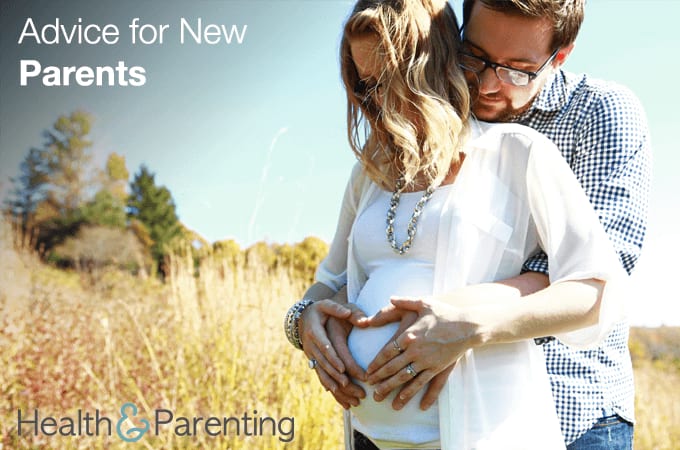Your pregnancy bump acts like a magnet, attracting unwanted advice from across the land. As soon as you start to show, you will be receiving advice about sleeping, breastfeeding and discipline. It can be tiresome to say the least.
There will be times, however, when you are in need of advice. Perhaps during those first few days, as you struggle to help your baby to latch on for a feed. Or maybe a couple of weeks later, when your baby develops a rash and you don’t know what has caused it. Or maybe a couple of months down the line, when you want a tried and tested method to help your baby with teething pains. So, when you do want parenting advice, where can you get it?
1. Experienced friends – lots of people rely on experienced friends for advice. These friends have been through it all recently, you trust them, and they probably love an opportunity to share their tips and tricks with you. Choose friends whose parenting styles you admire and want to replicate. Remember, just because you’re friends, doesn’t necessarily mean you will agree on everything, so it’s ok to pick and choose which advice you follow.
2. Your parents – some people choose to rely on their own parents or in-laws for advice. This makes sense, after all, you know whether they were good parents or not! You may find that you feel closer to your parents once you become a parent, because you are finally able to truly understand all that they did for you. One thing to be wary of, however, is that their advice may be outdated. Official advice changes over time because of scientific studies and new research coming out, but your parents are unlikely to be aware of this. For example, though parents are now advised to put babies to sleep on their back at the foot of the crib, this wasn’t always the case. Double check any advice that could be outdated, to make sure it is still considered safe.
3. A trusted book – if you’re a bookworm, you might have a whole shelf filled with parenting literature by now. Or, perhaps, you just have the one trusted manual. It’s useful to have a book you can turn to during times of need, and one that can help to shape your overall parenting philosophy. Try to read a variety of books, so that you can pick and choose the advice you find most helpful.
4. Doctor Google – it’s sometimes hard to imagine life before smart phones. How did new parents used to find out whether their baby’s poo was normal, or what to do if their baby projectile vomited? Some new parents search for answers on the internet. There is a wealth of information available, but it may not always be good advice. Be selective about which sites you visit, and whose information you trust.
5. Healthcare professionals – if you are worried that your baby may be ill, of course you should always contact your doctor. However, you may also find healthcare professionals useful in other circumstances too. If your child is having trouble sleeping, is having difficulty latching on, or simply wants to be held all the time, you could ask your healthcare provider for advice. In the UK, you could speak to your health visitor for advice on any issues related to parenting. In the US, you can speak to your pediatrician.
Where do you think you will get your parenting advice from?
Written by Fiona, proud owner of a toddler, @fiona_peacock
This information is not intended to replace the advice of a trained medical doctor. Health & Parenting Ltd disclaims any liability for the decisions you make based on this information, which is provided to you on a general information basis only and not as a substitute for personalized medical advice. All contents copyright © Health & Parenting Ltd 2016. All rights reserved.










